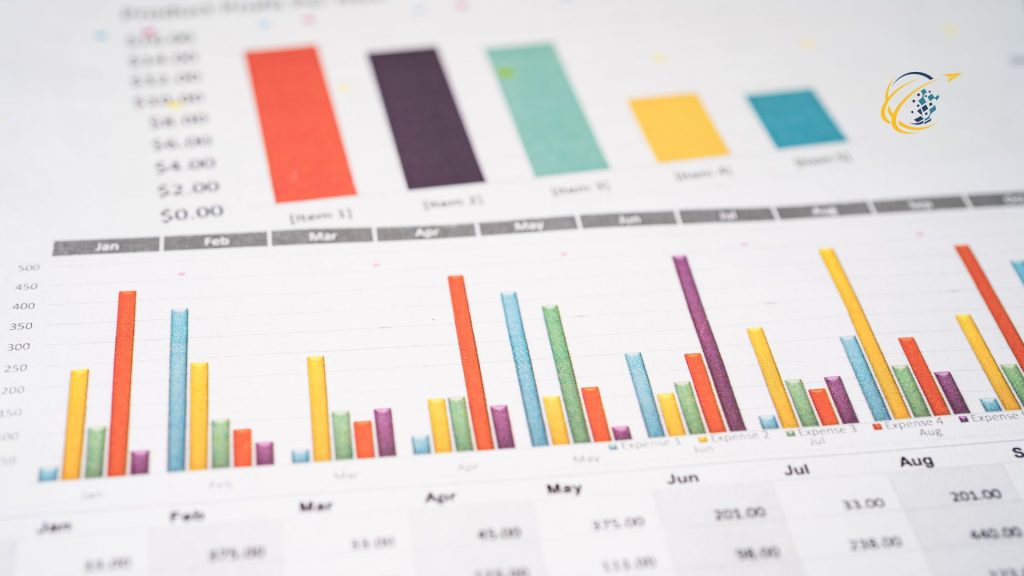
Reporting provides the necessary documentation and records of business activities, while analytics involves examining these reports to derive meaningful patterns and conclusions. Together, reporting and analytics play a pivotal role in understanding and optimizing business processes. This combination not only helps in monitoring the health of a business but also in predicting its future trajectory.
Benefits of Effective Reporting and Analytics
Effective implementation of reports can bring about transformative changes to a business. One of the primary benefits is enhanced decision-making. With access to comprehensive analytics, decision-makers can base their strategies on data-driven insights rather than intuition. This approach reduces risks and increases the likelihood of achieving desired outcomes.
Moreover, reporting and analytics significantly improve operational efficiency. By analyzing workflows and operations, businesses can identify bottlenecks and inefficiencies. This analysis enables them to streamline processes, reduce costs, and improve overall efficiency. Additionally, reports help in better resource management by providing detailed insights into resource utilization and needs forecasting.
Integrating Reporting and Analytics into Business Processes
To fully harness the benefits of reporting and analytics, businesses must integrate these practices into their everyday operations. This integration involves collecting data systematically and ensuring it is accurate and timely. Data collection should be a continuous process, embedded in the daily activities of the organization.
Furthermore, the tools and technologies used for reporting and analytics must be robust and scalable. Investing in advanced analytics software and platforms can provide deeper insights and more sophisticated data analysis capabilities. These tools should also be user-friendly to encourage adoption and utilization across the organization.
Training and development are equally important. Employees at all levels should understand the basics of analytical reports. They should know how to interpret data and apply insights to their specific roles. Ongoing training ensures that staff remain proficient as technologies and business needs evolve.
Challenges
Despite its many benefits, the path to effective reporting and analytics is not without challenges. One major hurdle is data quality. Poor quality data can lead to incorrect conclusions and potentially harmful business decisions. Therefore, maintaining high data integrity and accuracy is crucial.
Another challenge is data security. With businesses collecting and storing vast amounts of data, ensuring its security is paramount. Companies must implement strong data protection measures and comply with relevant data protection regulations to safeguard sensitive information.
Additionally, cultural resistance within an organization can impede the effective adoption of reports. Some employees may resist changing traditional methods or may not understand the value of data-driven decision-making. Overcoming this resistance requires strong leadership and a clear communication strategy.
Future Trends in Reporting and Analytics
Looking ahead, reporting and analytics are set to become even more integral to business strategy. The advent of technologies such as artificial intelligence (AI) and machine learning (ML) is already enhancing analytical capabilities. These technologies can automate complex data analysis tasks, predict trends with greater accuracy, and offer personalized insights at an unprecedented scale.
Moreover, as businesses continue to operate in an increasingly globalized market, the demand for real-time analytics will grow. Real-time analysis allow businesses to make quicker decisions, adapt to market changes swiftly, and maintain a competitive edge.
Conclusion
In conclusion, the strategic implementation of reporting and analytics is crucial for any business aiming to thrive in the modern economic landscape. These tools not only provide a clear picture of where a business stands but also where it is headed. By effectively utilizing reporting and analytics, businesses can make informed decisions, optimize operations, and achieve sustainable growth. As we move forward, the businesses that succeed will be those that can not only collect and analyze data but also act on the insights derived swiftly and effectively.

